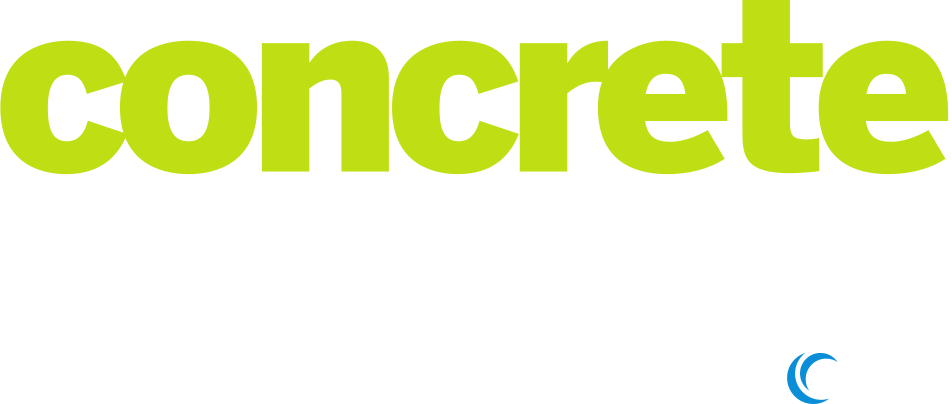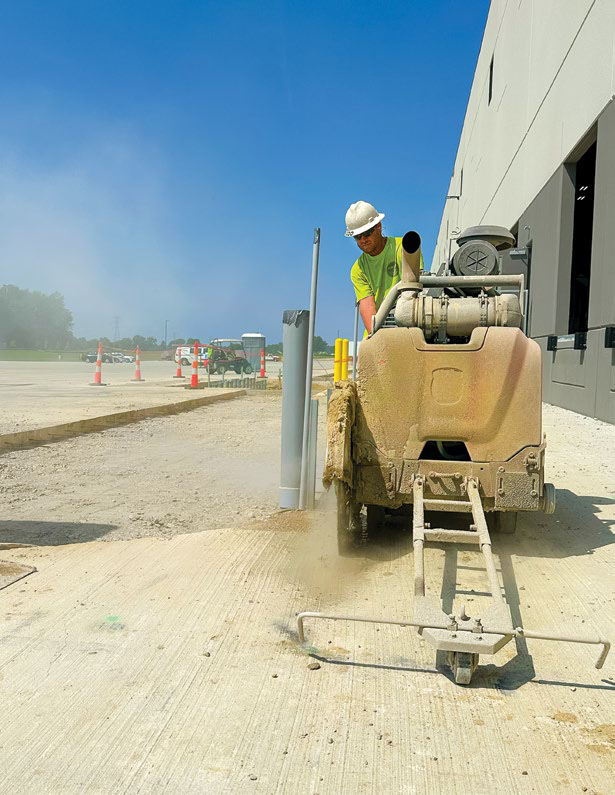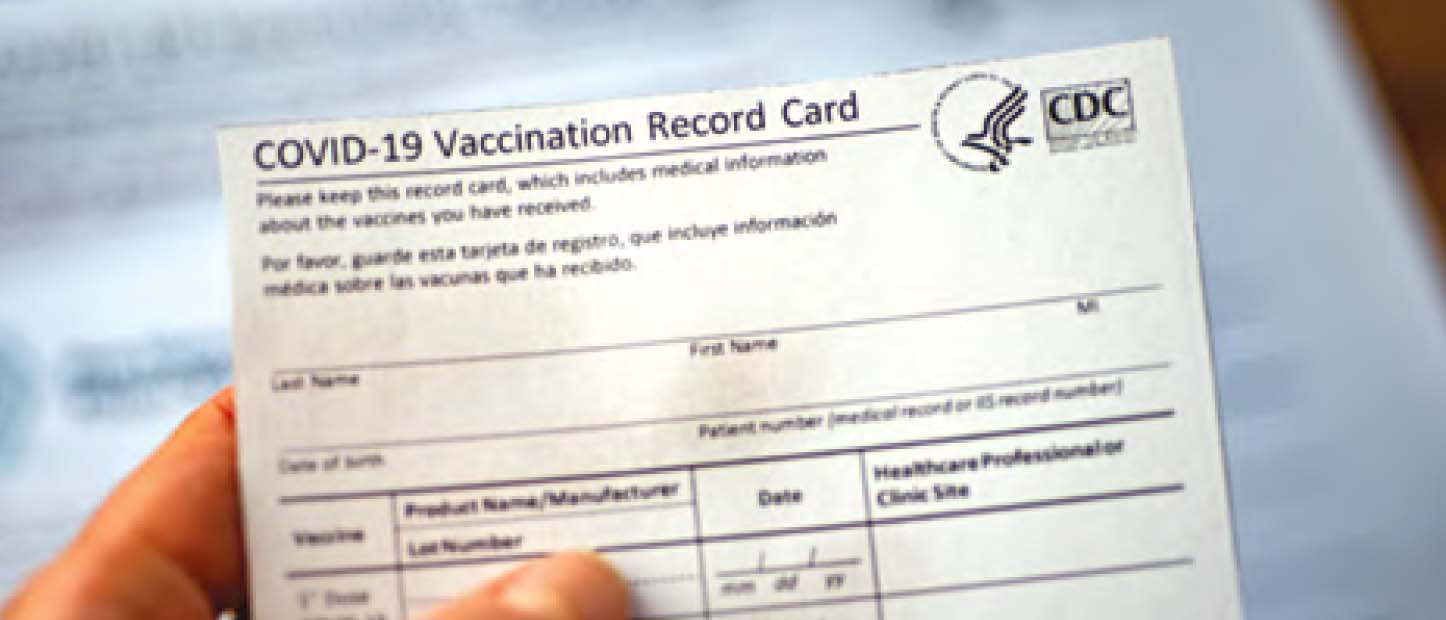
Employer Achilles’ Heel—Supervisor Failure to Enforce OSHA Compliance

One of the oldest stories known to man involves that of Achilles, the legendary Greek warrior who was a leader at the Fall of Troy. According to the Iliad, his mother was a goddess who wanted him to be immortal. She immersed him in the River Styx, which had magical powers, to create immortality, but unfortunately did not immerse his heel by which she held him. Achilles’ heel was his fatal weakness and he was killed in the battle of Troy when he was shot in the heel with a poisoned arrow. The analogy to an employer’s Achilles’ heel is the failure of supervisors to enforce OSHA compliance, which can lead to employer civil and criminal liability.
SUPERVISORY DEMOGRAPHICS
Currently, the American workplace is undergoing a seismic demographic change as the so-called “Baby Boomer” generation retires and is replaced by members of the upcoming generations:
- Baby Boomer (1946 – 1960)
- Generation X (1961 – 1982)
- Millennial Generation (1983-2001)
This transition is particularly critical in the area of occupational safety and health compliance, more specifically, the legal duty of the supervisor to enforce OSHA compliance. Unless the new breed of supervisors, from Generation X to Millennials, are aware of their duty to enforce compliance and, more importantly, how to impose and document compliance through discipline, this legal duty will not be performed, and the employer and supervisor can be subject to civil and criminal liability under OSHA.
LEGAL STATUS OF SUPERVISOR
In the workplace, the supervisor occupies a critical role. Since the employer is typically a corporation, it must act through its employees. Those employees who are designated as supervisors (typically employees who have the authority to hire, fire, enforce discipline or enter into contractual relationships) are considered under the law to be “agents” of the employers with authority to create legal liability against the employer for their actions, including their negligent or intentional acts which may constitute violations of the OSHA Act or regulations.
Unfortunately, many supervisors do not realize that they occupy this status or the extent to which their actions (either their affirmative actions or their failure to take actions when necessary) can create legal liability. More importantly, many supervisors are totally unaware of their own exposure to personal liability (for monetary judgments against them and their financial assets) or worse, personal criminal liability.
DUTY TO TRAIN SUPERVISOR
Obviously, if the workplace is not being directed by skilled supervisors, chaos is a likely outcome. Thus, just as it is necessary to train the supervisor to supervise the production at the workplace, it is necessary to provide training regarding the operation of several laws which will be intimately involved with the supervisor’s day to day interaction with employees, including:
- Occupational Safety and Health Act (OSHA
- Whistleblower Laws
- State Civil and Criminal Laws Relating to Workplace Safety and Health
- Employee Workers’ Compensation Rights
OCCUPATIONAL SAFETY AND HEALTH LAW
From the outset, the supervisors must be made aware of their role as the primary enforcer of the employer’s safety and health policies, through walkarounds to identify hazards and violations and the imposition of written or verbal (with documentation) discipline on employees who have violated the policies. Obviously, in order to perform this function, the supervisor must have also received prior in-depth training to be capable of identifying workplace hazards and the OSHA regulations or employer policies which are applicable. It is crucial that the employer document this training in order to establish that it has a competent supervisor fulfilling this role. Supervisors need to be aware that their actions can result in the employer receiving civil citations, with monetary penalties, as follows:
| Prior Maximum | January 1, 2018 | |
|---|---|---|
| Other Than Serious | $7,000 | $12,934 |
| Serious | $7,000 | $12,934 |
| Willful | $70,000 | $129,336 |
| Repeat | $70,000 | $129,336 |
| Failure to Abatement | $7,000 | $12,934 |
| per day | per day |
In addition, supervisor misconduct can result in criminal liability for the employer and the supervisor. For example, in the case of a fatality, there is potential for six months’ imprisonment and a penalty of $500,000 against the employer and $250,000 against the supervisor. There are additional criminal liabilities for felonies for:
- obstructing justice by interfering with OSHA enforcement
- false certifications of OSHA compliance programs
- lying during an OSHA inspection, which can carry imprisonment up to five years plus a monetary penalty
LANGUAGE AND LITERACY BARRIERS
The training obligation imposed on the supervisor is further complicated by the fact that the supervisor may not have the ability to communicate with his/her employees because of a language or cultural barrier. If these barriers are not bridged, the supervisor cannot train his subordinates as to the required safety or health matters (e.g., hazard communication, LOTO, fall protection, etc.) nor can he/she effectively communicate disciplinary action either verbally or in writing. It is strongly recommended that bilingual face-to-face training and written materials be utilized to meet this obligation. (see sidebar about CSDA Safety Handbook)
HAZARD ANALYSIS
In addition, supervisors must be clearly made aware that their failure to identify hazards and to enforce the safety and health policies can lead to the issuance of civil citations by OSHA with, in some cases, significant monetary penalties against the employer. More importantly, the supervisor’s training must include potential employer and supervisor criminal liability under federal law for fatalities due to the supervisor’s action in causing violations of regulations because of conduct which is intentional or indifferent in nature. Under state law, there may be additional criminal liability facing a supervisor which far exceeds those under federal law.
OSHA INSPECTION RESPONSIBILITY
Another area of concern is the supervisor’s role in responding to an OSHA inspection. The supervisor is most likely totally unaware of the rights of the employees, the employer and OSHA during an investigation and how to assert the rights of employees and the employer. Moreover, they must be aware of criminal liability for obstructing the inspections and the duty to provide truthful responses to the agency.
WORKERS’ COMPENSATION
Under most state laws, an employer cannot take retaliatory action against an employee for exercising rights under the workers’ compensation act, including being injured or filing a claim. Such action can result in a civil action seeking damages for retaliation. Similarly, under the OSHA Act, if an employee reports a work-related injury or illness to the employer and the employee is subjected to adverse action, the employee can seek a remedy against the employer and supervisor under Section 11(c) of the Act.
WHISTLEBLOWER LAWS
Finally, supervisors may have no awareness of whistleblower laws which protect employees against adverse employment action (termination, demotion, etc.) when they complain to the employer about workplace hazards which would constitute protected activity. Again, the supervisor must be made aware that any such complaints made to the supervisor must not be used as a basis for negative action against the employee, despite the supervisor’s belief that such complaints may be factually incorrect or are being made to embarrass, or worse, to cause the supervisor to be subject to negative job action by the employer. Under the OSHA Act, Section 11(c), a supervisor who retaliates against an employee for engaging in “protected activity” can face personal civil liability in a Federal court action.
GENERATIONAL ATTITUDES TOWARD DISCIPLINE
Because of widely varying generational attitudes toward discipline of any sort in our society, the employer faces a significant task in assuring that supervisors understand the concept within the workplace and how to effectuate disciplinary action in a professional manner. For example, supervisors from Generation X and Millennials may simply not comprehend the concept of discipline since they have not experienced it at home (e.g., both parents have careers and are not present to observe behavior and impose discipline) or in school (because of the significant restraints imposed on educators regarding student discipline) or through the media (which frequently illustrates inappropriate conduct or violation of societal rules as the norm).
With these challenges, an employer cannot assume (1) that the new cadre of supervisors are formally trained and/or culturally attuned to confront employees who violate safety and health procedures (2) equipped to communicate to the employee violator that certain conduct is impermissible in a positive, supportive manner, (3) aware of how to document the discipline that has been imposed and, finally, (4) the obligation to follow up to ensure that corrective action has been taken, and if not, to evaluate whether further discipline or termination is appropriate.
In order to accomplish this educational process, the employer must conduct training for supervisors on the means and methods to utilize to enforce discipline in a positive, professional manner. Thereafter, supervisors need to be observed to evaluate whether they are in fact implementing the necessary disciplinary procedures (which may be required under a labor agreement or employee handbook), and if not, to coach the supervisor to develop these skills.
CONCLUSION
As the regulatory environment in the workplace becomes more aggressive, it is more important than ever that supervisors, particularly Generation X and Millennials, understand their role in enforcement of safety and health procedures and the liabilities they can create for themselves or their employer if they fail to perform this duty. Careful attention to career development of these supervisors as to the means and methods of positive employee relations, including constructive discipline, will allow these supervisors to accomplish these tasks.














![New Products & Industry News [Mar ’16]](https://www.concreteopenings.com/wp-content/uploads/2015/02/IB-Banner.jpg)